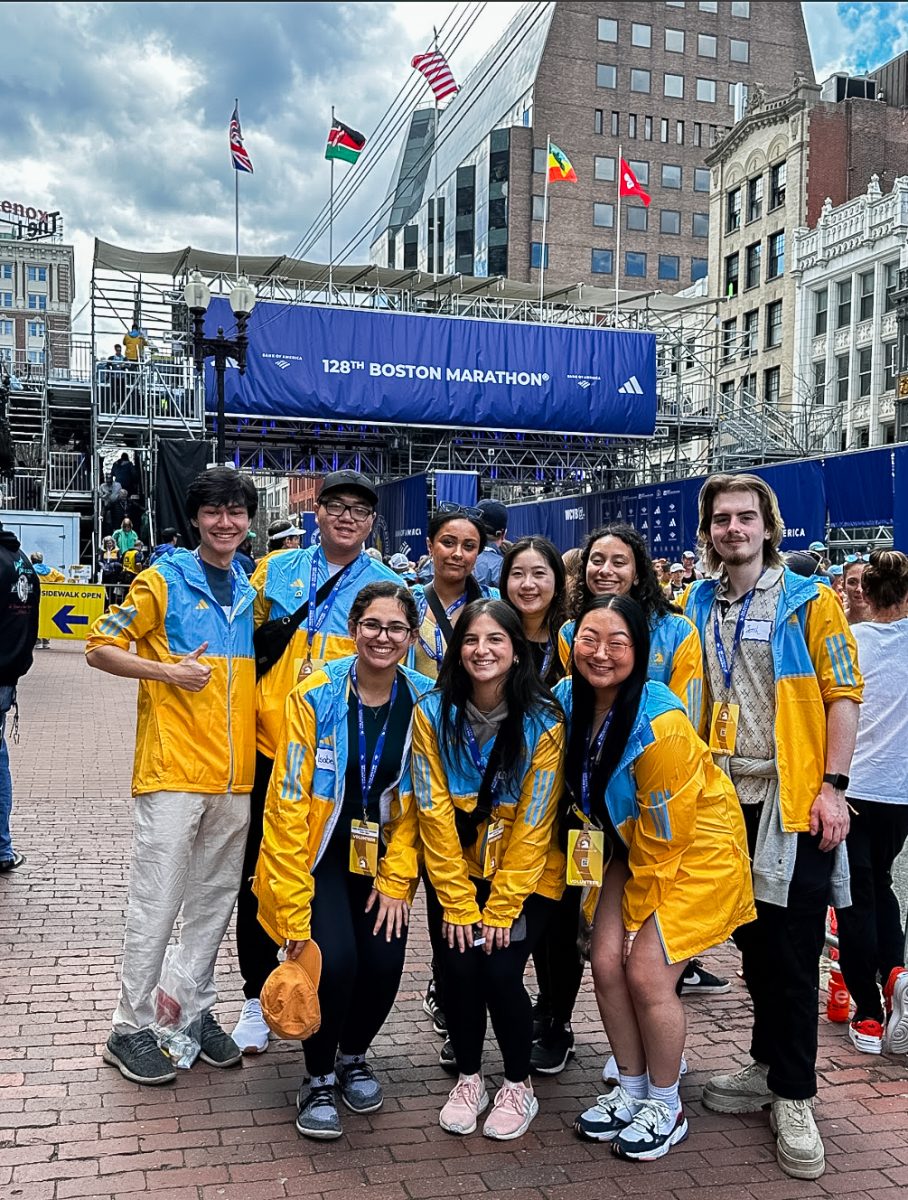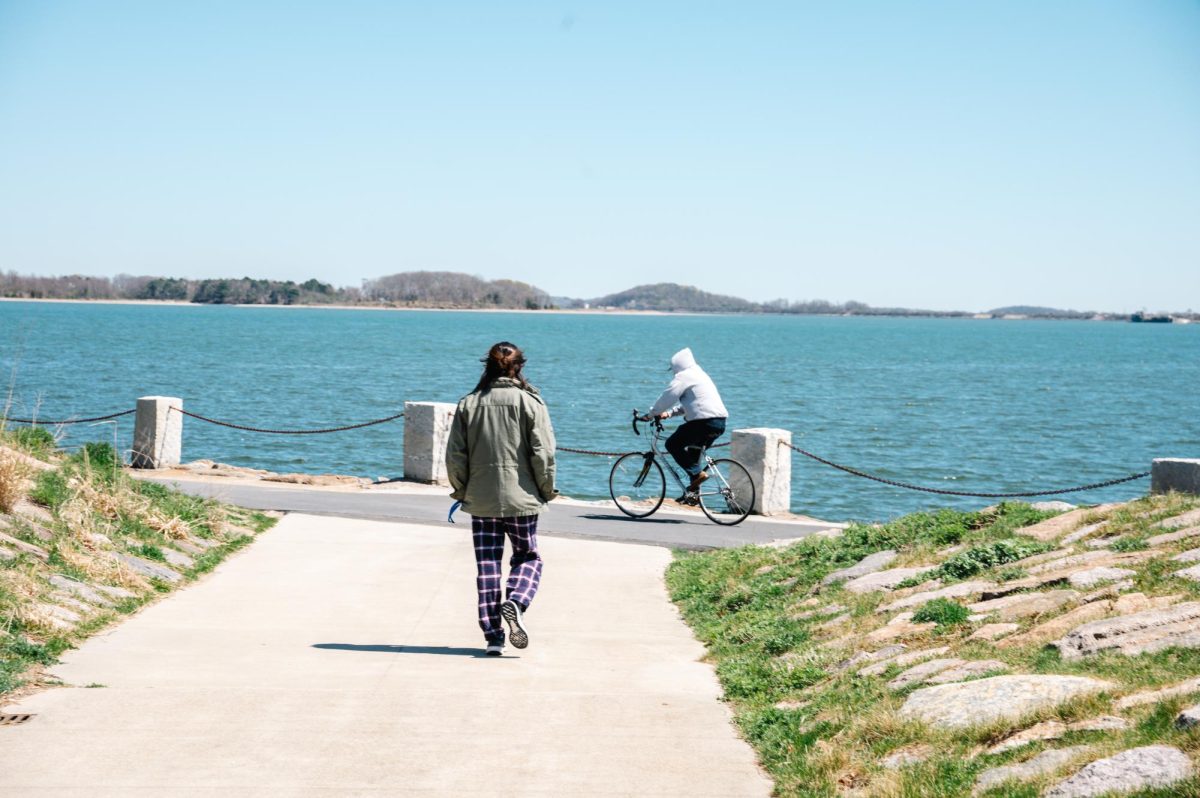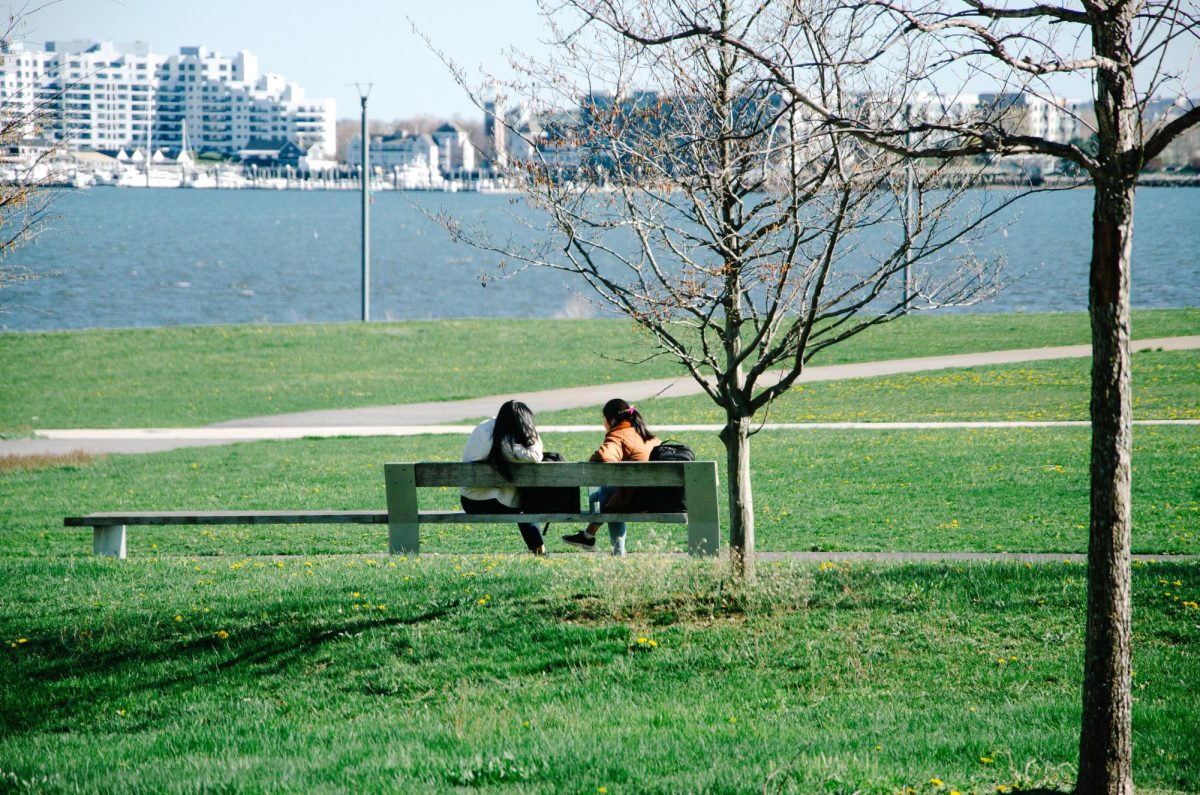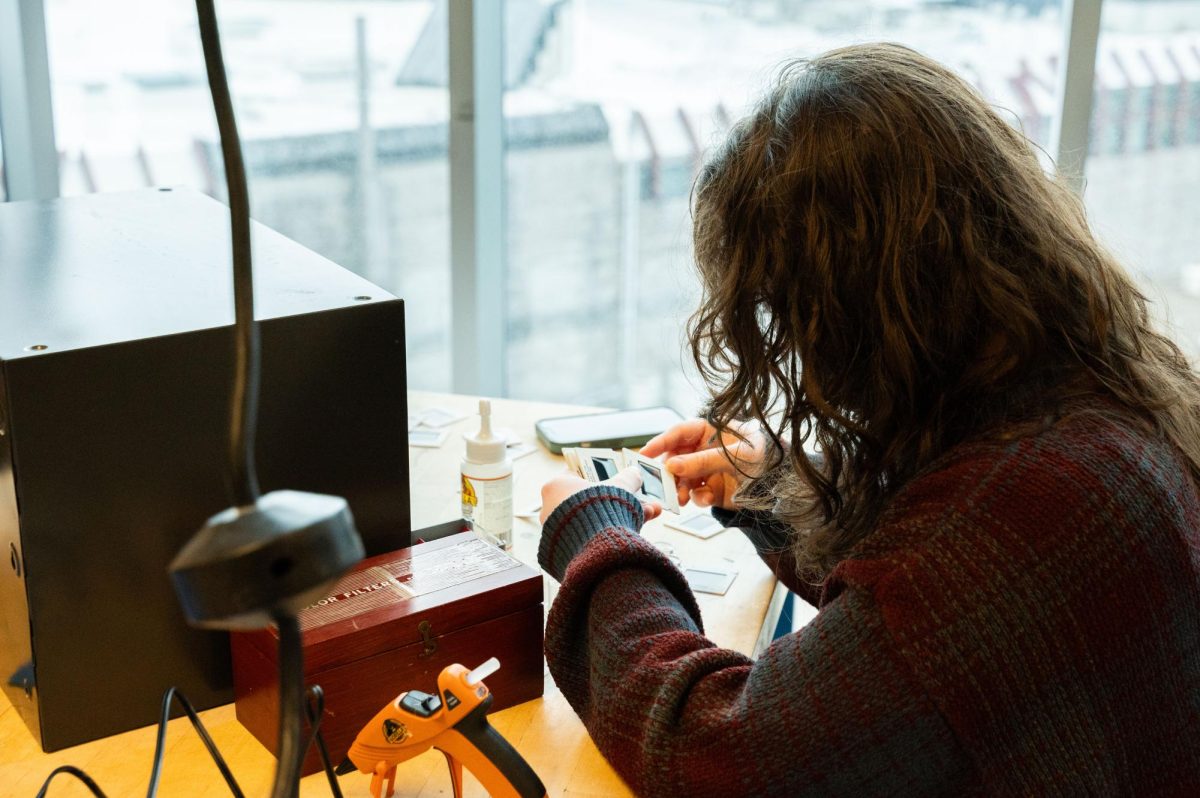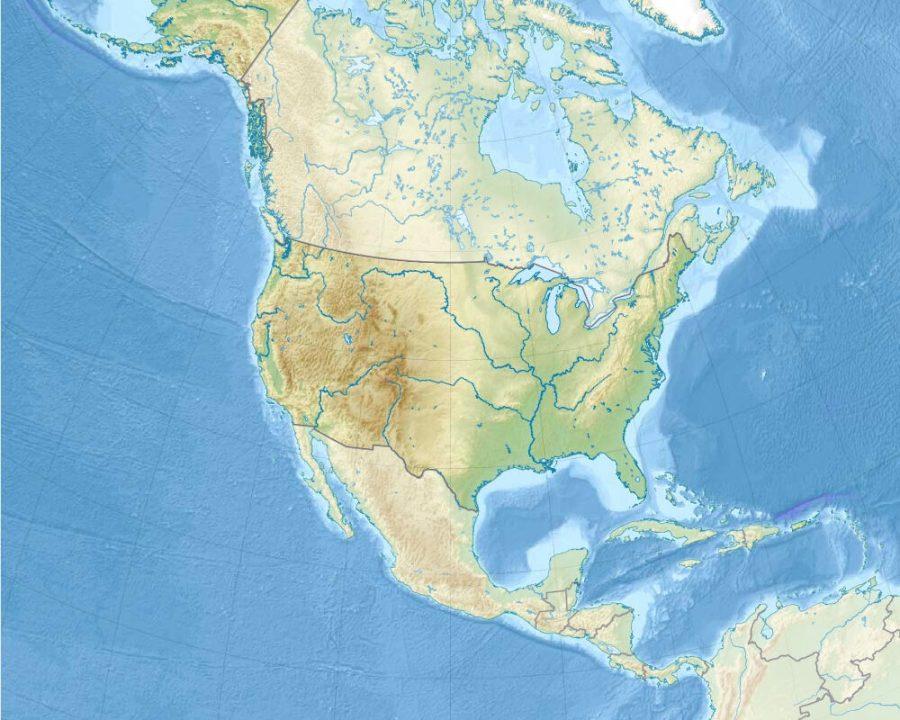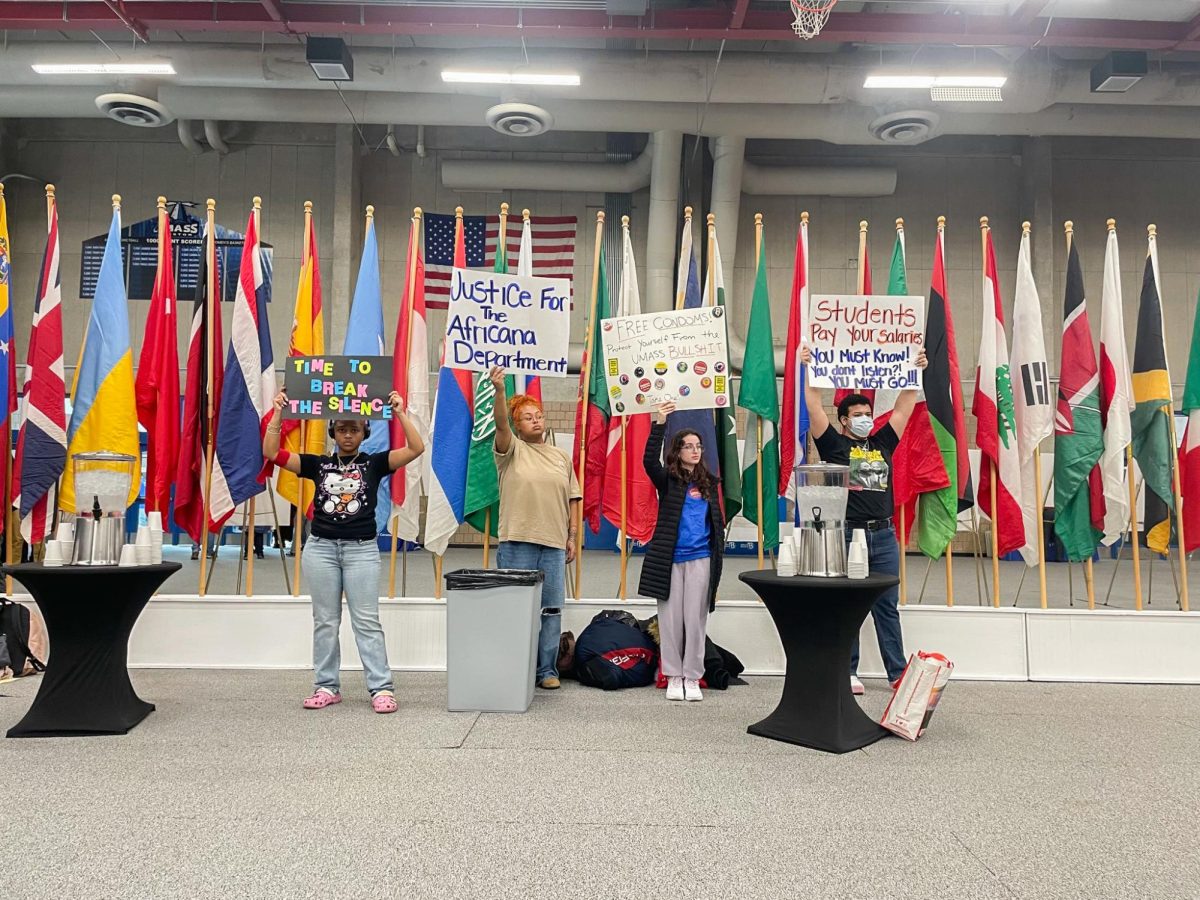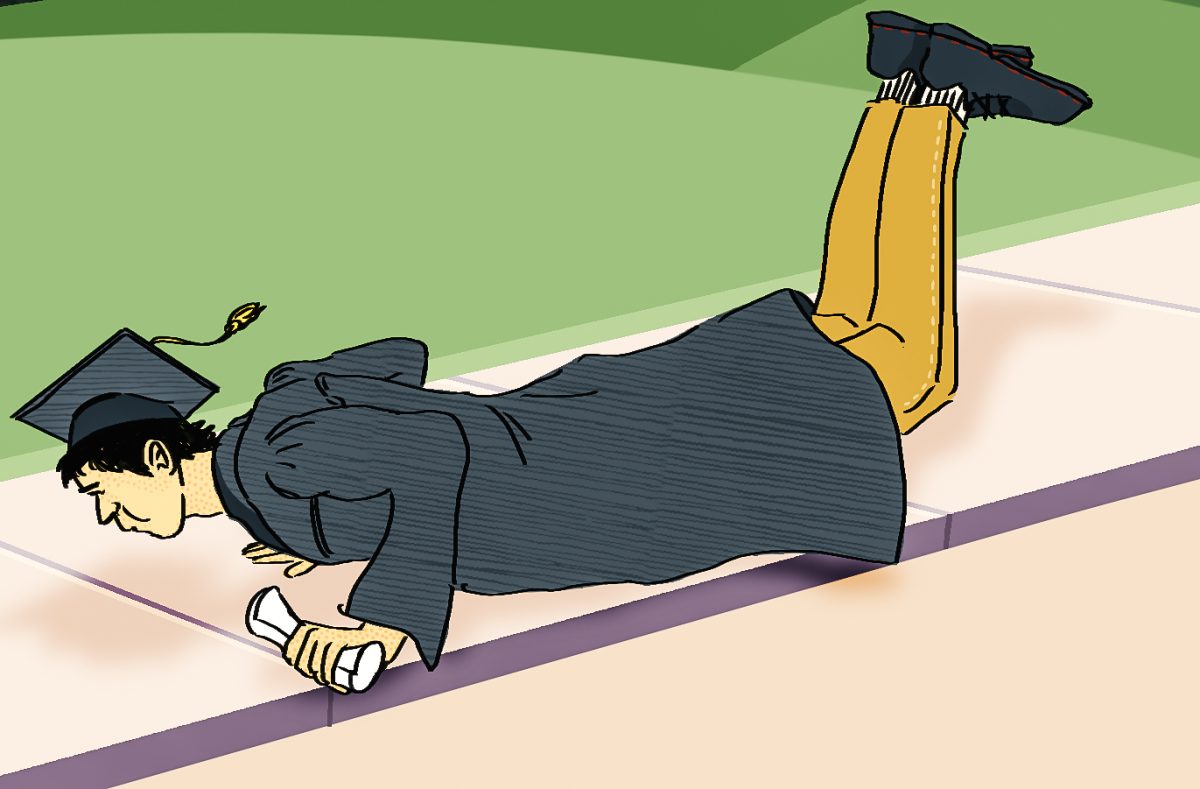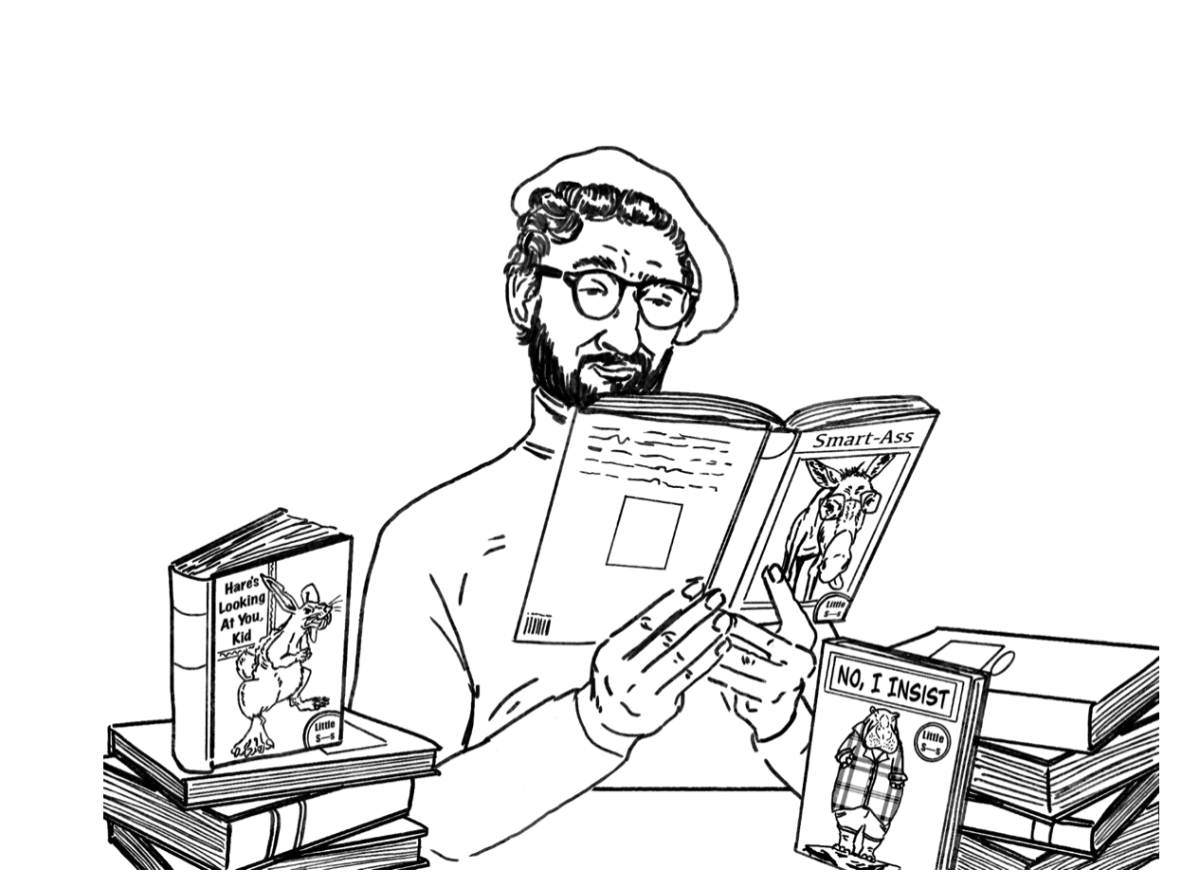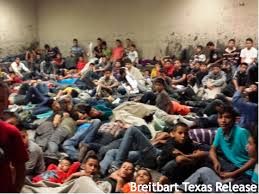Politics is not necessarily Nixon vs. Kennedy with a .1% vote differential any longer. It has become a case of abhorrence by one end of the spectrum for the opposing end. This is clearly evident in the issue of the unaccompanied minors at the Southern Border.
During the summer, Governor Deval Patrick spoke for the state, with the state’s best interests in mind, and said that we would harbor those suffering children at the border. But opinions differ and people disagree. Because of this phenomena of political dichotomy and constant party disagreements, a pertinent question must be posed to the citizens of the state: what is more important to us—the well-being of our state and nation, or the well-being of all peoples, regardless of nationality?
To answer the question as well as possible, an understanding of the law is of huge import.
Everything begins with the William Wilberforce Trafficking Victims Protection Reauthorization Act of 2008.
This act was constructed to amend the Trafficking Victims Protection Act of 2000. Having accomplished the goal of amending the previous law, we were left with one key component that gave rise to the underage alien issue. The amended law states if he or she “is willing to assist in every reasonable way in the investigation and prosecution of severe forms of trafficking in persons or is unable to cooperate with such a request due to psychological trauma,” he or she shall receive “interim assistance.” Under Sec.107 (b)(ii)(I), the latter pertains only to an alien “who has not attained 18 years of age”.
So, the need to shelter these children was not simply an arbitrary wish, but rather made compulsory by law. The law is terribly blatant with no need for professional legal interpretation.
Having stated the above to some friends and family members, I asked for their opinions on the matter.
Naturally, the responses were direct and one sided: bold statements like, “I don’t care who they are, or what the law is. Laws can be wrong, and this is one of them” and “Obviously kids should not be dealing with this kind of traumatic situation. I don’t really think anybody can disagree with that. It’s just what do you do with them? You can’t just allow people complete amnesty…that breaks down the whole idea of law-making and having a nation.”
Now, the above sentiments certainly fall towards the political right and the middle. And what the latter has to say about nations and amnesty is absolutely true. However, the law is the law and whether it is correct or incorrect we shall obey in order to not seek to offend the integrity of our nation.
The majority of people I spoke to about the issue were hell-bent on the idea that this is not okay; that to allow such things to happen would be pure and deliberate absurdity.
I disagree.
We need sometimes to not place the value of a nation’s separation above the well-being of people. Especially when the “people” in question are children
Sometimes it is not about standing strong in the face of danger; sometimes it is about caring for what is hurt. That is the case here. Let us try to remind ourselves that when we are in need of help we hope for it to come; and help does come where it is wanted. However, when we are down and we turn our cheek from help it is then that we fall further. This I believe is true.
Fortunately—and on the other hand, unfortunately—the problem has become irrelevant. Massachusetts is no longer needed to house the unaccompanied minors. Deval Patrick stated on August 5, “It appears that there is not a need for Massachusetts to serve these children at this time, but I am proud of our willingness to do so.”
Nevertheless, this is not to say that at any point this issue cannot once again grow exponentially and shake the state of this nation as it previously had. It does mean, however, that we as citizens must continue to pursue the question which persists; whether here in this state of Massachusetts we shall become a safe haven for people in general, or whether we are for the nation as it stands with little interest in social proliferation.




